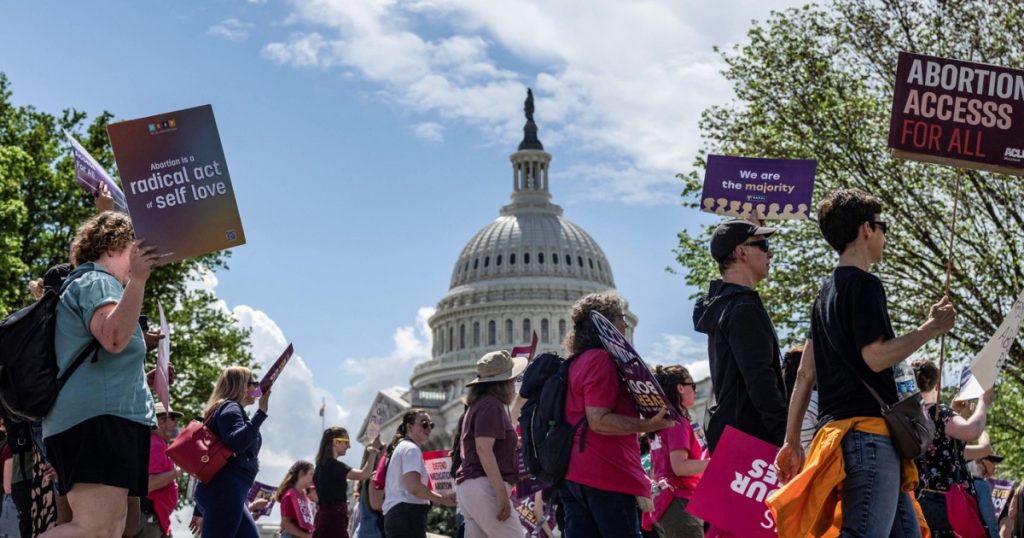The Supreme Court is currently considering a challenge to the FDA’s drug approval process for the abortion pill mifepristone, which is used as part of a two-drug regimen for most abortions in the US. The Biden administration is appealing lower court rulings that restricted women’s access to the pill, including its availability by mail. A group of anti-abortion doctors represented by the Alliance Defending Freedom is leading the legal challenge, claiming that the FDA did not adequately evaluate the drug’s safety risks. The pharmaceutical industry supports the FDA in this case, warning that interference from untrained federal judges could disrupt the approval process and deter innovation.
The challenge to the FDA’s approval of mifepristone began in Texas, where a district court judge issued a ruling invalidating the FDA’s approval, leading to concerns among abortion rights activists. The Supreme Court temporarily put that ruling on hold, allowing the pill to remain widely available. The case later went to the 5th U.S. Circuit Court of Appeals, which narrowed the district court judge’s decision but left in place the ruling that the FDA’s actions in 2016 were unlawful. Both sides appealed to the Supreme Court, which took up the Biden administration’s defense of the FDA’s later decisions but declined to consider the original approval of mifepristone in 2000.
The Supreme Court will focus on the FDA’s actions in 2021, which allowed the pill to be available by mail and increased the gestational window for using it to terminate pregnancies. The court will also consider changes made in 2016 to reduce the number of in-person visits required for patients and alter the dosing regimen for the drug. One potential outcome of the case is the court finding that the challengers do not have legal standing to bring their lawsuit, which would avoid a decision on the FDA approval process and leave room for a future case. The FDA has argued that the doctors and others involved in the lawsuit do not have standing because they cannot show specific injury resulting from the drug approval process.
The outcome of this case could have significant practical implications if access to mifepristone is restricted, especially as many states have sought to restrict abortion access following the Supreme Court’s decision overturning Roe v. Wade. According to the Guttmacher Institute, there are currently 14 states where abortion is effectively banned. The court’s decision on this case will be closely watched by both sides of the abortion debate and could shape access to abortion medications and procedures in the US moving forward.












